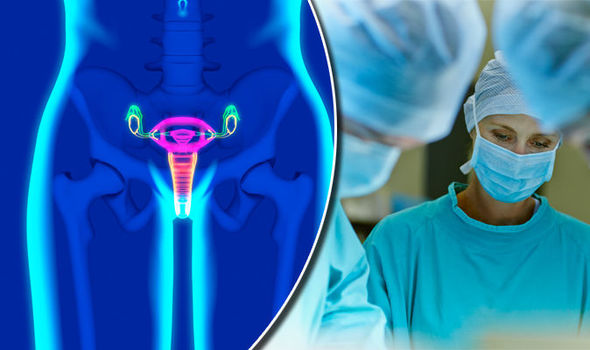The TVM Update That You Need To Know

Surgical Mesh products has now been long in use for the treatment of pelvic organ prolapse (POP) or stress urinary incontinence (SUI) in adult women. It is common not just in the U.S. but all over the globe. But what was claimed as completely safe and effective alternative to the other traditional transvaginal treatments once are now deemed with much serious health risks. The victims of these mesh implants filed for legal compensation for all the undue pain and suffering they had to go through and the transvaginal mesh lawsuit update allows them to sue the manufacturing companies under the product liability clause. Mesh erosion is one of the most common side effects of transvaginal mesh implant. Made from Polypropylene and Polyester, these meshes are often the reason to cause infection in patients. The signs of a defective mesh implant include: Recurring yeast infection in the bladder Vaginal bleeding Spasms in the pelvic area Painful intercourse Painful urinatio...





